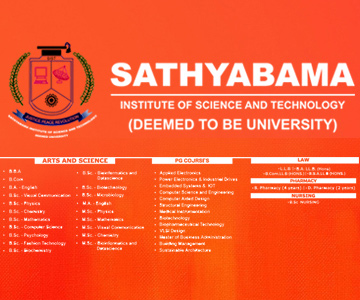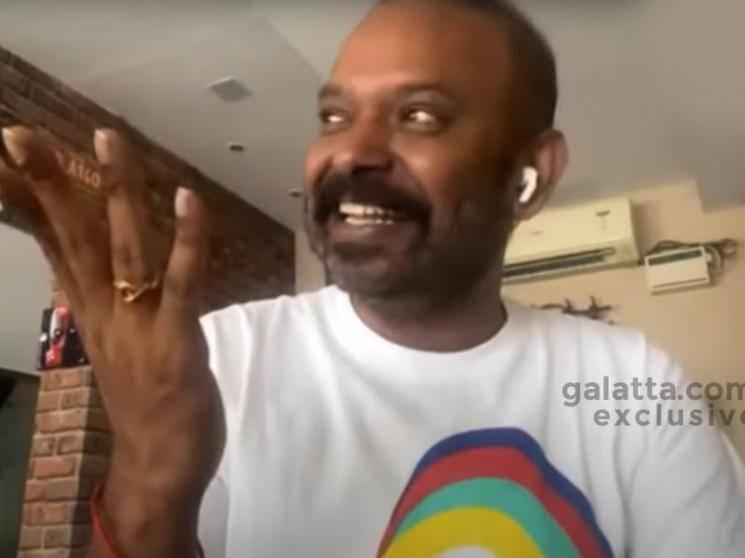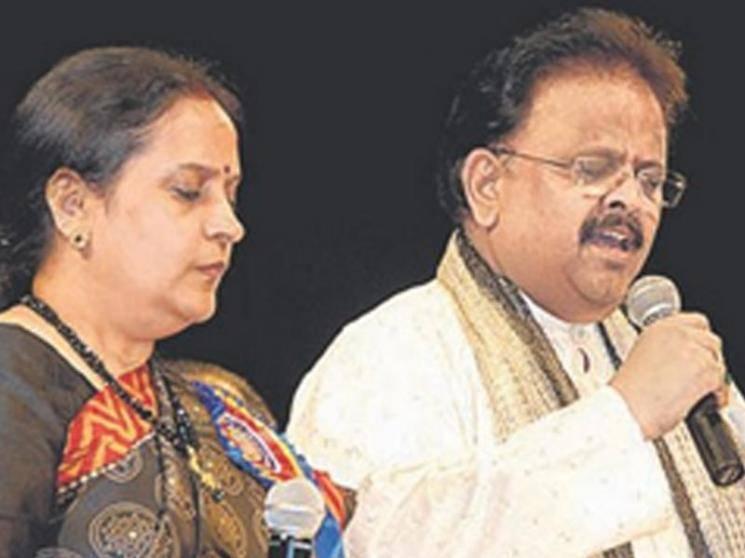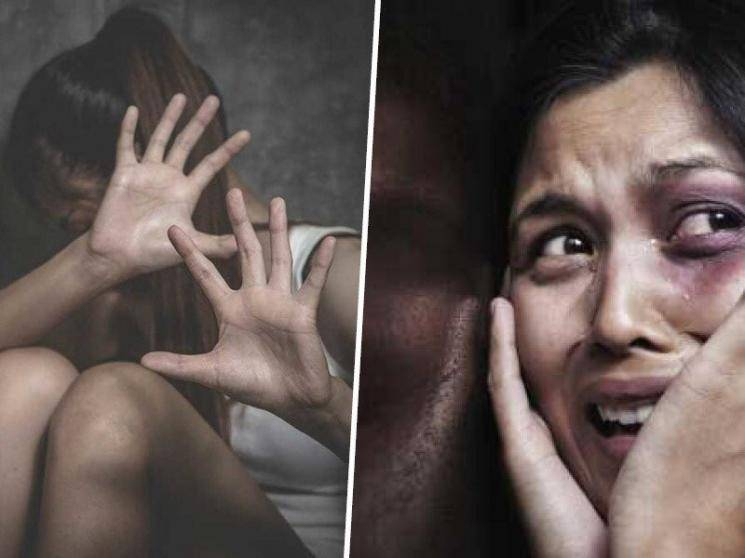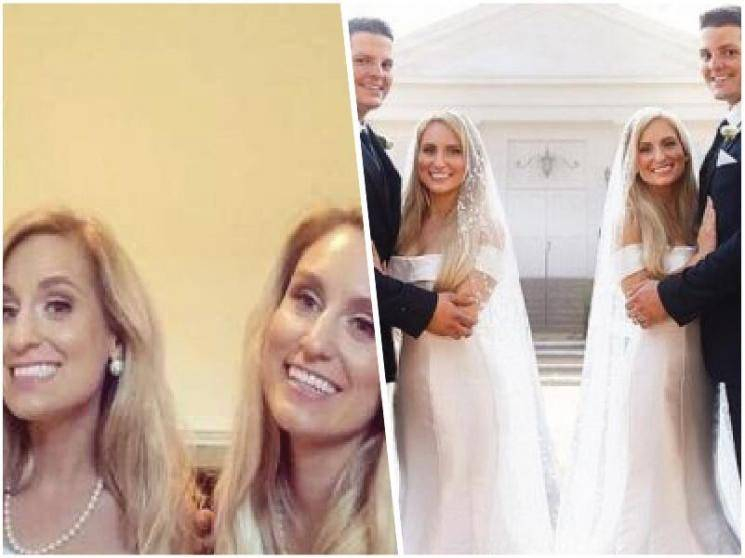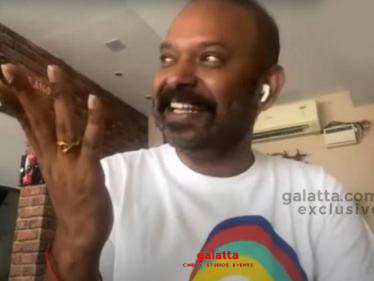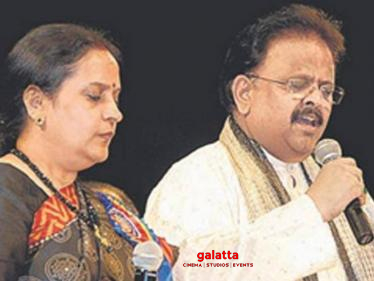People in their 20s, 30s and 40s are increasingly driving the COVID-19 spread: WHO
By Vivek Raj | Galatta | Aug 18, 2020, 01:45 pm

The World Health Organization (WHO) on Tuesday during a virtual briefing sounded off a new warning based on concerns of the spread of the novel coronavirus being driven by people in their 20s, 30s and 40s, many of whom are said to be unaware of having been infected, while also stating that they pose a danger to those vulnerable around them.
Officials in the Geneva-based United Nations health agency stated that there has been a considerable spike this month globally in the number of young people getting infected, which has put at risk vulnerable sectors of the population worldwide, among whom also include the elderly and sick people in densely populated areas with weak health services.
WHO Western Pacific regional director, Takeshi Kasai, said, "The epidemic is changing,". He added, "People in their 20s, 30s and 40s are increasingly driving the spread. Many are unaware they are infected." He also asserted saying, "This increases the risk of spillovers to the more vulnerable,".
A rise in the number of fresh coronavirus cases of late has prompted several nations to once again reinforce curbs as companies are working hard to find a vaccine as a cure to the virus, which has killed more than 770,000 people worldwide, while infecting nearly 22 million, as per a Reuters tally. Spikes in COVID-19 cases have been reported in countries that had a while back managed to bring its spread under control, including Vietnam, which until recently went three months without domestic transmission due to its aggressive mitigation efforts.
Kasai said, "What we are observing is not simply a resurgence. We believe it's a signal that we have entered a new phase of pandemic in the Asia-Pacific,". He added that countries were better able to manage the spread of the infections, while also bringing down the disruption to lives and economies by means of early detection. Although mutations have been observed, the WHO still saw the virus as "relatively stable".
Drugmakers have also been given a reminder by the WHO to follow all necessary research and development steps during the creation of a vaccine. Socorro Escalante, its technical officer and medicines policy advisor, said the WHO was coordinating with Russia, after it became the first nation to grant regulatory approval for a COVID-19 vaccine, earlier this month. Escalante said, "We hope to get the response in terms of the evidence of this new vaccine,".

.jpg)



